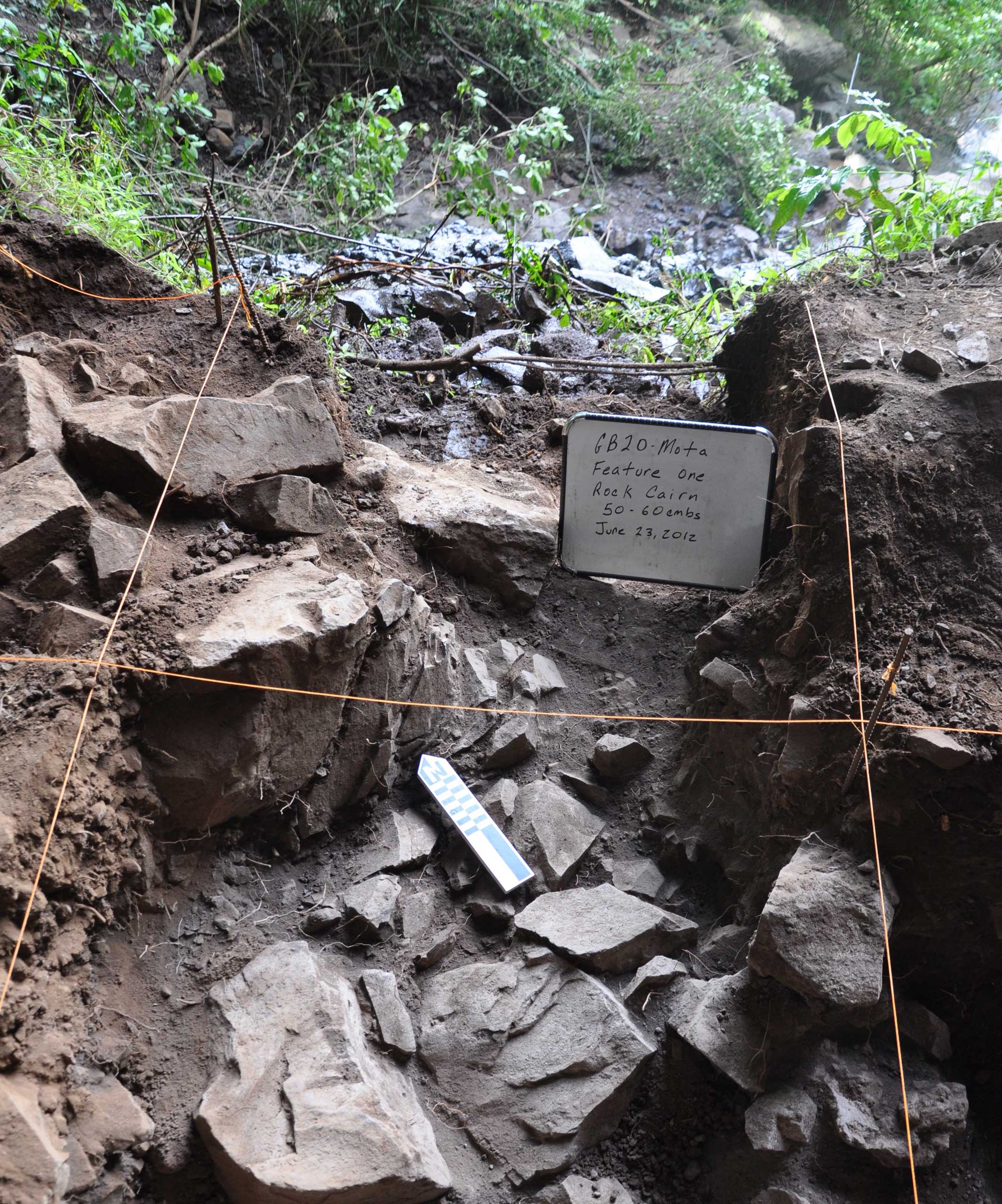
Scientists have found a complete assemblage of DNA from an ancient human in Africa for the first time. Archaeologists from the University of South Florida recovered the 4,500-year-old skeleton, which they have dubbed Mota, from a cave in the highlands of Ethiopia, the New York Times reports. Then researchers were able to recover Mota’s entire genome from genetic material in the skeleton’s inner ear bone.
The discovery proves that scientists can excavate fossils in tropical climates for genetic material and make new discoveries about the migrations of ancient humans. Previously, it was thought that only fossils in cooler climates were able to retain usable DNA.
Using Mota’s DNA, researchers have presented a theory that people from the “Near East” (now the Middle East) began moving into Africa about 3,000 years ago. Mota, who predates the supposed migration by 3,000 years, has no trace of European or Asian DNA in his genome, which could indicate that people from other parts of the world had not entered his region of Africa at the time he was alive. However, researchers say they will have to uncover more DNA from ancient Africans to further test the argument.
More Must-Reads From TIME
- The 100 Most Influential People of 2024
- The Revolution of Yulia Navalnaya
- 6 Compliments That Land Every Time
- What's the Deal With the Bitcoin Halving?
- If You're Dating Right Now , You're Brave: Column
- The AI That Could Heal a Divided Internet
- Fallout Is a Brilliant Model for the Future of Video Game Adaptations
- Want Weekly Recs on What to Watch, Read, and More? Sign Up for Worth Your Time
Contact us at letters@time.com